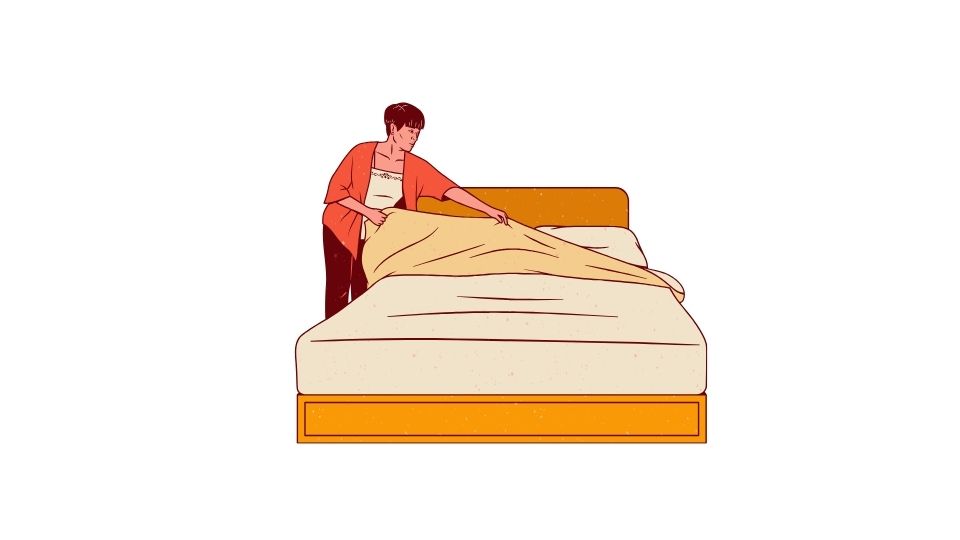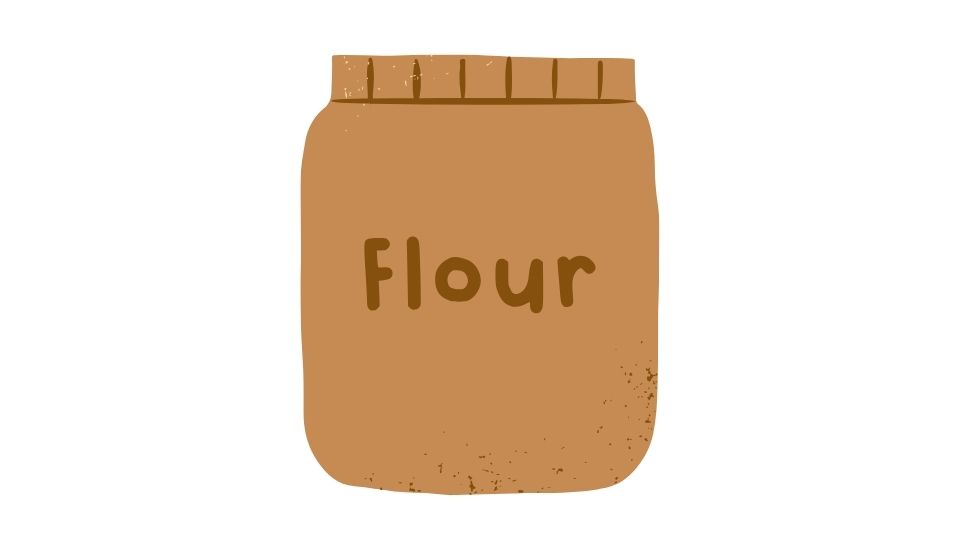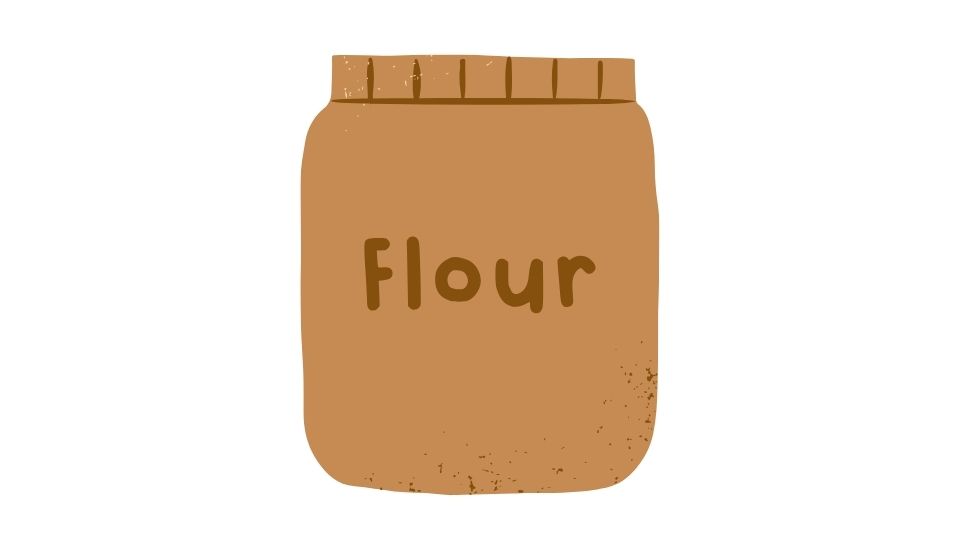Is Protein Powder Good to Take Before Bed?

Should you drink a protein shake before bed? Here’s what the science actually says
Ever lay in bed wondering if that pre-sleep protein shake is actually helping your gains – or just making you gassy?
If you’re someone who hits the gym regularly, you’ve probably heard conflicting advice about night time protein. Some fitness bros swear by their bedtime shake while others claim it’ll turn straight to fat while you sleep.
Let’s cut through the bro-science and look at what the research really shows about drinking protein before bed.
Skip ahead:
- The benefits of pre-sleep protein
- Potential downsides (yes, there are some)
- What type of protein works best
- How much you should take
- Who actually needs this
The Science of Protein Before Bed
Your body doesn’t just shut down when you sleep. It’s actually working overtime on recovery and maintenance, especially if you’ve been training hard.
Research shows that taking protein before sleep – particularly slow-digesting proteins like casein – provides a steady drip of amino acids throughout the night. This helps stimulate muscle protein synthesis (fancy way of saying “building muscle”) while you’re dreaming about being jacked.
Several studies have found that consuming about 30-40 grams of casein protein before bed can increase overnight muscle protein synthesis by roughly 20%. That’s pretty significant when you consider you’re just lying there doing nothing!
Benefits of Protein Before Bed

Muscle Recovery and Growth
The biggest benefit is giving your body the building blocks it needs for repair while you sleep. This is especially clutch if you work out in the evening.
When you sleep, your body goes into repair mode. Having amino acids readily available during this time is like giving construction workers all the materials they need to fix damage from your workout. Without them, the repair process is limited.
One study published in the Journal of Nutrition found that pre-sleep protein supplementation significantly enhanced overnight muscle recovery compared to a placebo.
More Muscle Size and Strength
It’s not just about feeling less sore. The long-term effects are what really matter.
Researchers have found that people who consistently consumed protein before sleep for several weeks showed greater increases in muscle size and strength compared to those who didn’t. We’re talking measurable differences in hypertrophy (muscle growth) and performance.
Metabolism and Weight Management
Contrary to what you might have heard, protein before bed doesn’t automatically turn to fat.
In fact, protein has the highest thermic effect of food (TEF), meaning your body burns more calories digesting protein than carbs or fat. Some research indicates that protein before bed might actually boost your metabolism overnight.
A study in the British Journal of Nutrition found that pre-sleep protein didn’t negatively impact overnight fat metabolism and may even reduce insulin response to the next morning’s meal.
Appetite Control
Ever get the midnight munchies? A protein shake before bed might help with that.
Protein is the most satiating macronutrient, meaning it keeps you feeling fuller longer. This can help prevent late-night snacking on less-than-ideal foods.
The Downsides (Yes, There Are Some)

Nothing in nutrition is black and white, so let’s talk about potential drawbacks.
Sleep Quality
Some people worry that eating before bed, including protein, might disrupt sleep. The research is mixed on this one.
While some studies show no negative impact on sleep quality, others suggest that digestion might interfere with deep sleep for certain individuals. It really comes down to personal sensitivity.
If you notice that protein before bed makes your sleep worse, the muscle benefits might not be worth it. Good sleep is crucial for recovery and muscle growth anyway!
Digestive Discomfort
Let’s be real – protein shakes can make some people gassy or bloated.
This effect might be more noticeable at night when you’re lying down and trying to sleep. If that’s you, you might want to experiment with different types of protein or smaller amounts.
As explained in this comprehensive review from Frontiers in Nutrition, individual tolerance to protein supplements varies widely.
Quality Matters
Not all protein is created equal. Choosing high-quality protein without excess sugars, artificial sweeteners, or additives is important to maximize benefits and minimize negative effects.
Some protein powders are basically dessert in disguise, loaded with sugar and other ingredients that might interfere with sleep or digestion.
What Type of Protein Works Best Before Bed?

Casein protein is typically recommended before bed because it digests slowly, providing a steady supply of amino acids for 7+ hours.
Think of whey protein as a sprint (fast digestion) and casein as a marathon (slow, sustained release).
That said, whey protein can still be beneficial before bed, especially after an evening workout. According to research in the Journal of Exercise Nutrition & Biochemistry, whey protein taken immediately post-workout and casein before sleep might be the optimal combination.
How Much Should You Take?
Most research points to about 30-40 grams of protein before bed as the sweet spot for stimulating muscle protein synthesis without unnecessary calories.
More isn’t necessarily better – your body can only use so much protein at once for muscle building. The excess doesn’t magically turn to fat, but it does provide extra calories that might not be necessary.
Who Actually Needs This?
Not everyone needs a pre-sleep protein shake. You’ll benefit most if:
- You train hard with resistance exercise, especially in the evenings
- You’re trying to build muscle or prevent muscle loss
- You struggle to meet your daily protein targets through regular meals
- You’re an older adult (40+) trying to maintain muscle mass
For the average person just trying to stay healthy, it’s probably not necessary if you’re already eating a balanced diet with adequate protein throughout the day.
My Take on Nighttime Protein

After looking at all the research, I think protein before bed is generally beneficial for active people, but not essential for everyone.
If you train regularly and want to maximize muscle recovery and growth, 30-40g of casein protein before sleep is probably worth trying. Just make sure it doesn’t mess with your sleep quality – that’s priority #1.
For people just trying to stay healthy and active? Focus on meeting your total daily protein goals first, then worry about timing if you want to optimize further.
And remember – a good protein strategy can’t make up for poor training, insufficient recovery, or an otherwise crappy diet. Get the fundamentals right before worrying about these details.
So should you drink a protein shake before bed? The science says yes – if you’re training hard and want to maximize your results. But don’t lose sleep over it!
